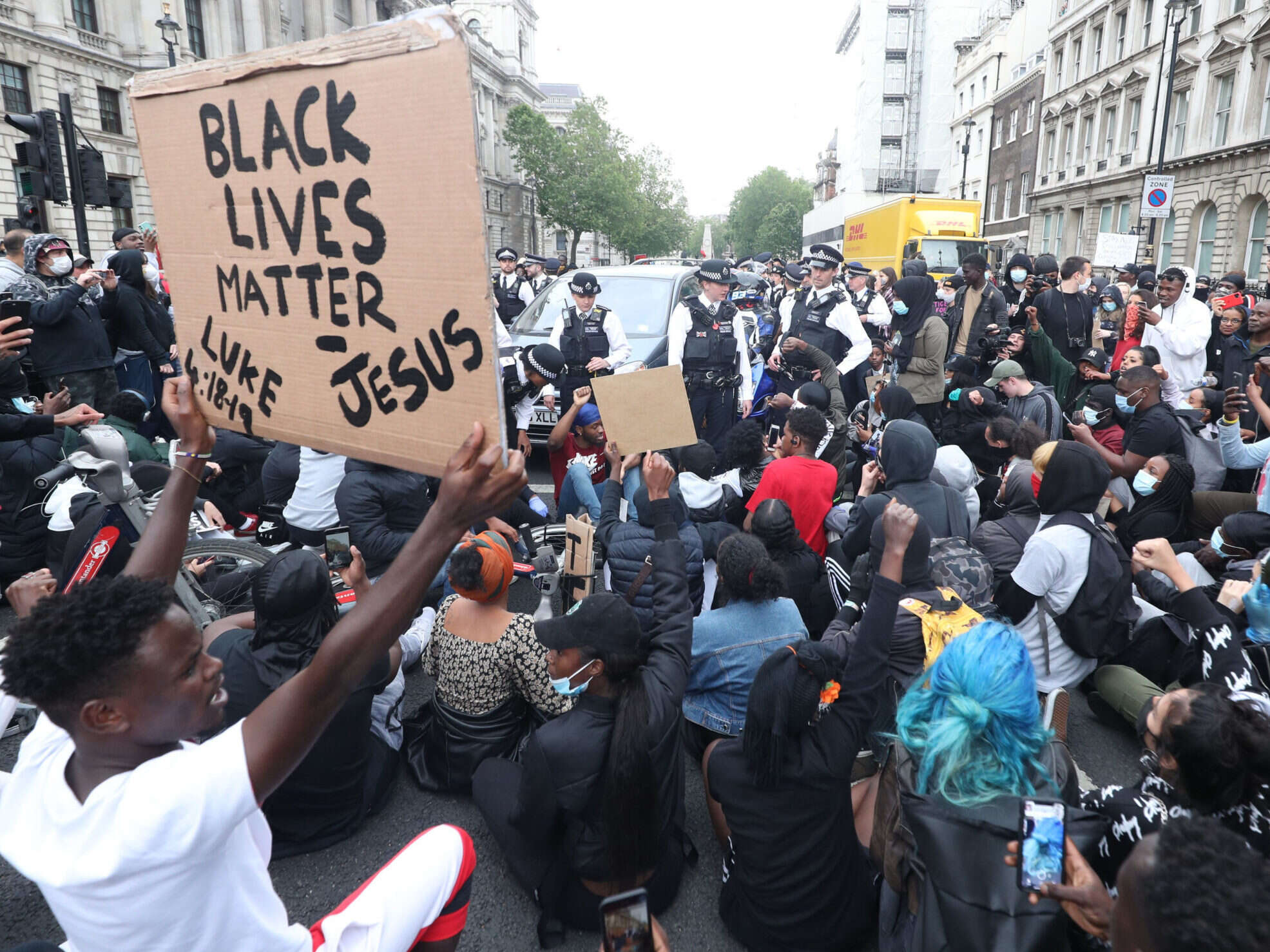
Violence, arrests and harassment against journalists covering protests, mostly by police and other authority figures but sometimes by protesters, has increased over the past five years.
UNESCO has warned in a new report that press freedom and freedom of expression has been impacted in many countries by attacks on journalists during protests.
It raised the issue as a wave of protests have flooded the globe in recent years, including the so-called Second Arab Spring, Black Lives Matter, and pro-democracy demonstrations in Hong Kong and most recently Belarus.
The report warned again that “hostile rhetoric” against the press by political leaders “creates a wider climate in which journalists are targeted”.
The report was published on Monday, two days after a journalist in Los Angeles was tackled by police, arrested and charged with obstruction after she tried to film the arrest of a protester.
Josie Huang, a local radio reporter for KPCC and its website LAist, was wearing a lanyard with her press ID and identified herself as a reporter after she was thrown to the ground.
Video posted online from her own phone and other journalists nearby show how she was thrown to the ground, and a KPCC executive later said she had suffered a blackened eye, bruises, scrapes and a sore shoulder.
Thank you https://t.co/5ajOiRV1m6 for what is the clearest footage of my arrest by @LASDHQ.
It’s how I remember it — like being tossed around in the ocean and then slammed into rock pic.twitter.com/G3rfCR1NiI
— Josie Huang (@josie_huang) September 14, 2020
KPCC said: “[Huang’s] arrest is the latest in a series of troubling interactions between our reporters and some local law enforcement officers.
“Journalists provide an essential service, providing fair, accurate and timely journalism and without them, our democracy is at risk.”
UNESCO said there have been 125 instances of protests in which journalists were attacked worldwide since 2015, rising from 15 in 2015 to 32 in 2019 and 21 in the first six months of this year.
The report said at least ten journalists have been killed while covering protests since 2015, a figure which includes Lyra McKee who was shot dead while observing a protest in Derry in April 2019.
It added: “Hundreds of journalists around the world trying to cover protests have been harassed, beaten, intimidated, arrested, put under surveillance, abducted, and had their equipment damaged.
“Others have been held incommunicado, humiliated, choked and fired upon with non-lethal as well as live ammunition.”
The US Press Freedom Tracker estimated that more than 82% of attacks on the press between 26 May and 3 June during protests sparked by the killing of George Floyd were alleged to have been committed by law enforcement agents rather than protesters.
In Belarus dozens of journalists have been detained while covering pro-democracy protests that started after the contested re-election of President Aleksandr Lukashenko on 9 August.
The issues remain ongoing, with the Belarusian Association of Journalists reporting a number of incidents it says took place this weekend in Minsk, Brest and Mahiliou.
At the end of August Belarusian authorities withdrew accreditation for a number of journalists working for foreign media outlets including the BBC, which said it condemned “in the strongest possible terms this stifling of independent journalism”.
In June, counter-Black Live Matters protesters caused problems in London by being hostile towards members of the media, including by harassing them and being physically violent.
UNESCO said police actions against the press in many countries show the need for training that includes discussion about journalists’ role covering protests, instruction in the proper use of non-lethal weapons so journalists and others are not directly hit by rubber and other projectiles, and how to distinguish between protesters and the press.
The report also said media employers and external bodies should provide better training and equipment for journalists before sending them to cover protests and recommended that national authorities consider appointing an ombudsman with responsibility for monitoring and curbing adverse treatment by police and other security forces of the press.
Picture: Yui Mok/PA Wire
Email pged@pressgazette.co.uk to point out mistakes, provide story tips or send in a letter for publication on our "Letters Page" blog

